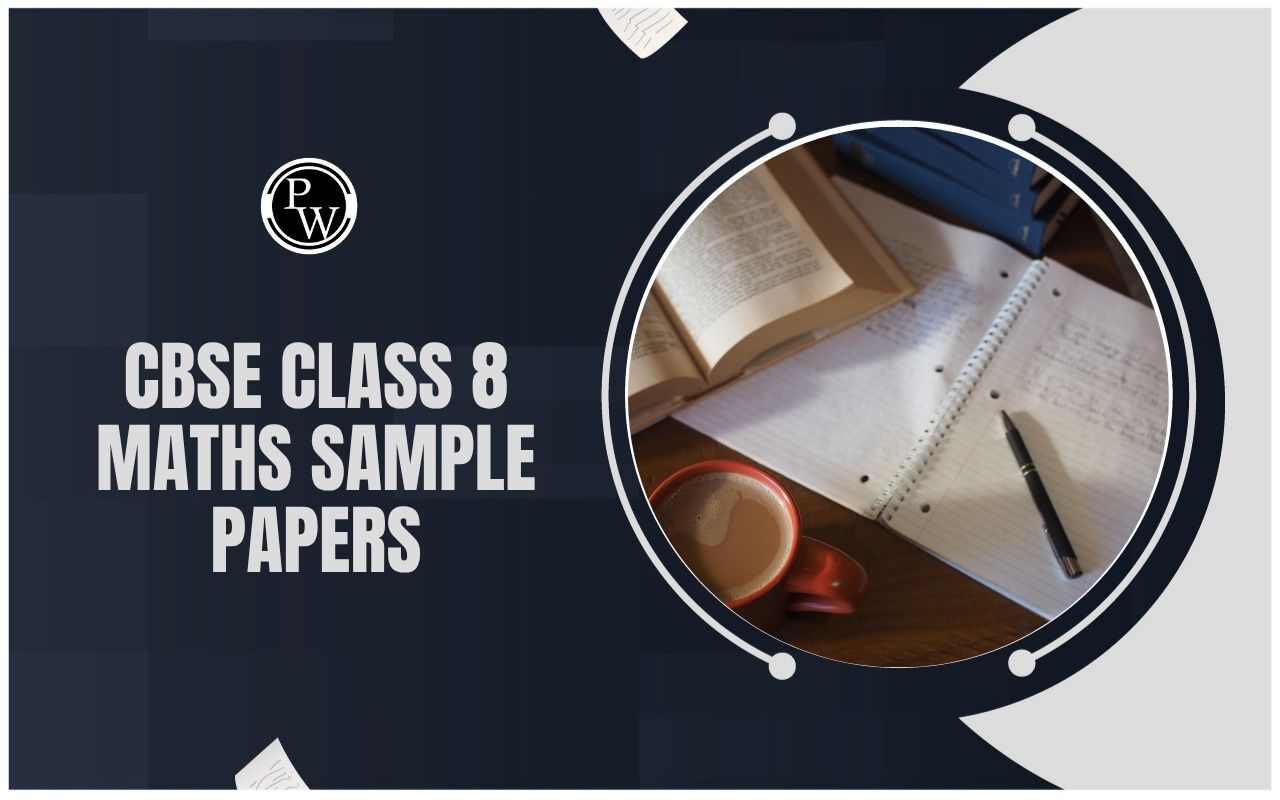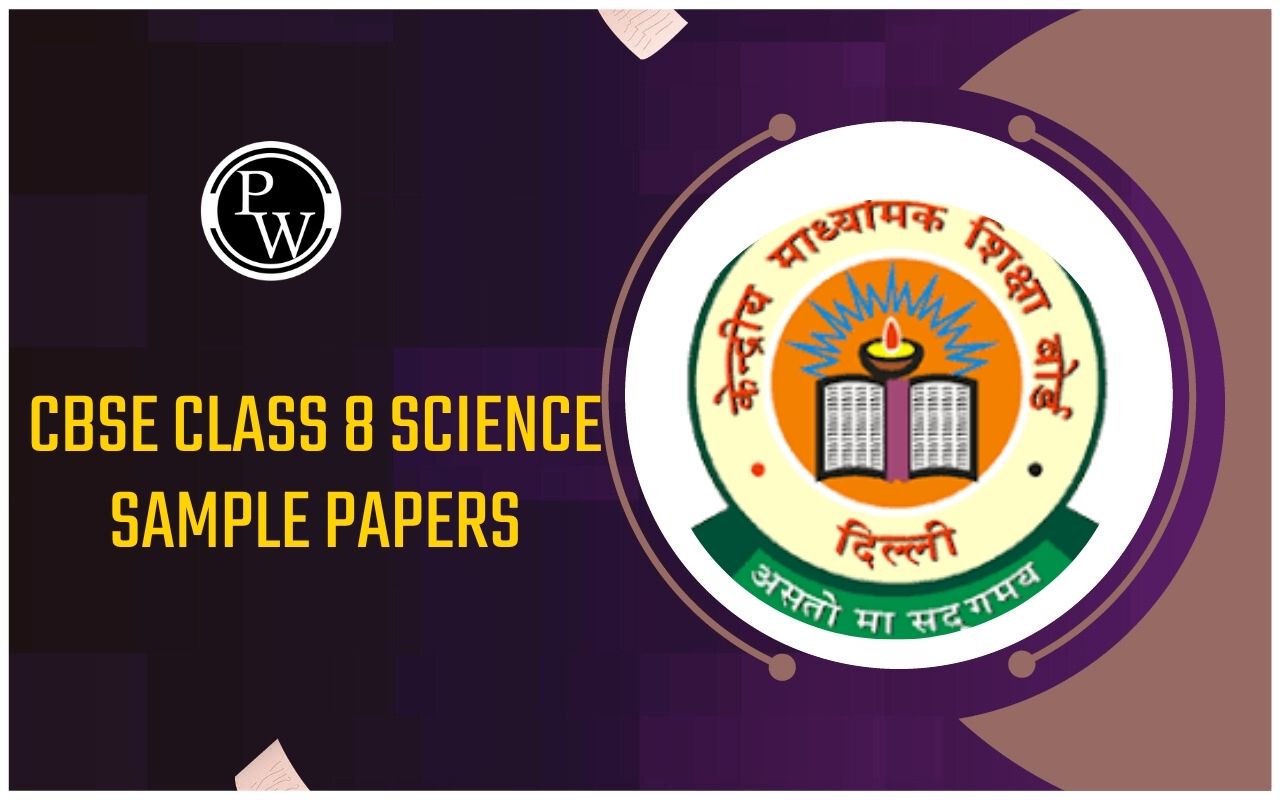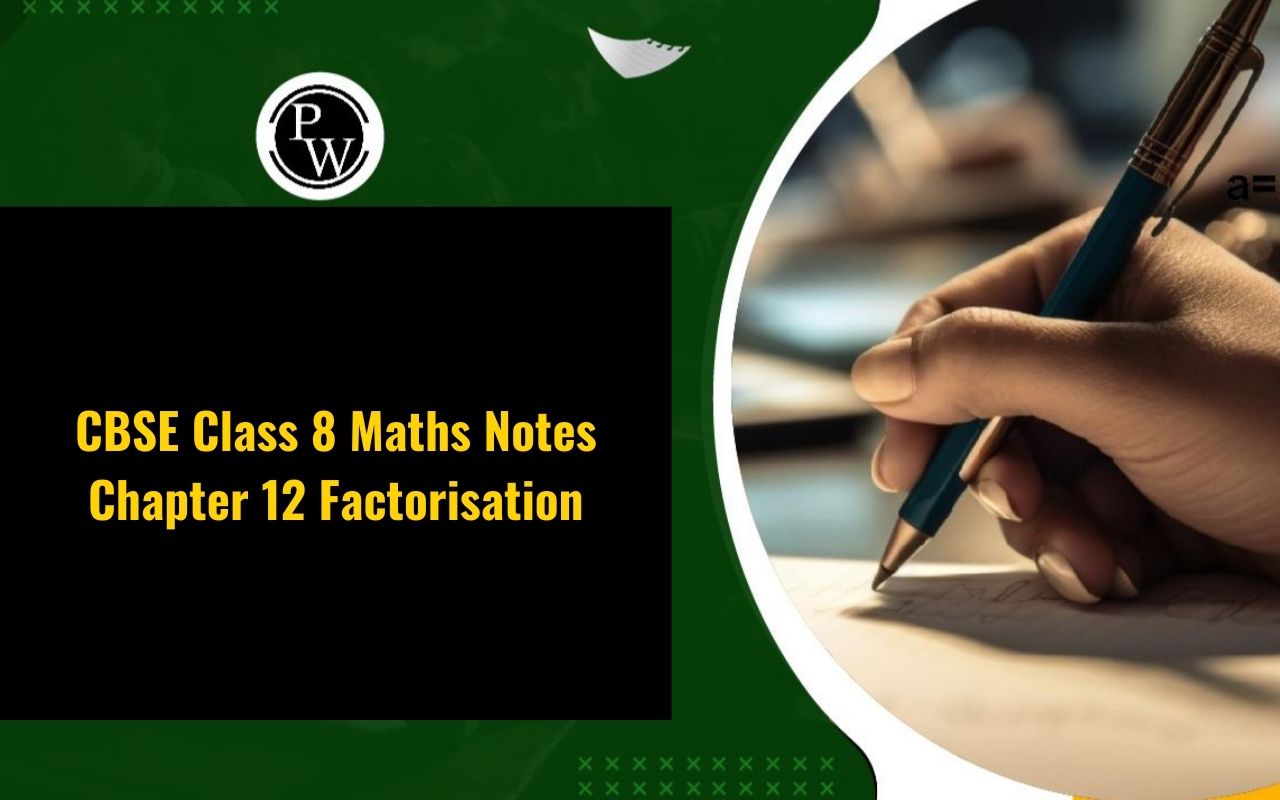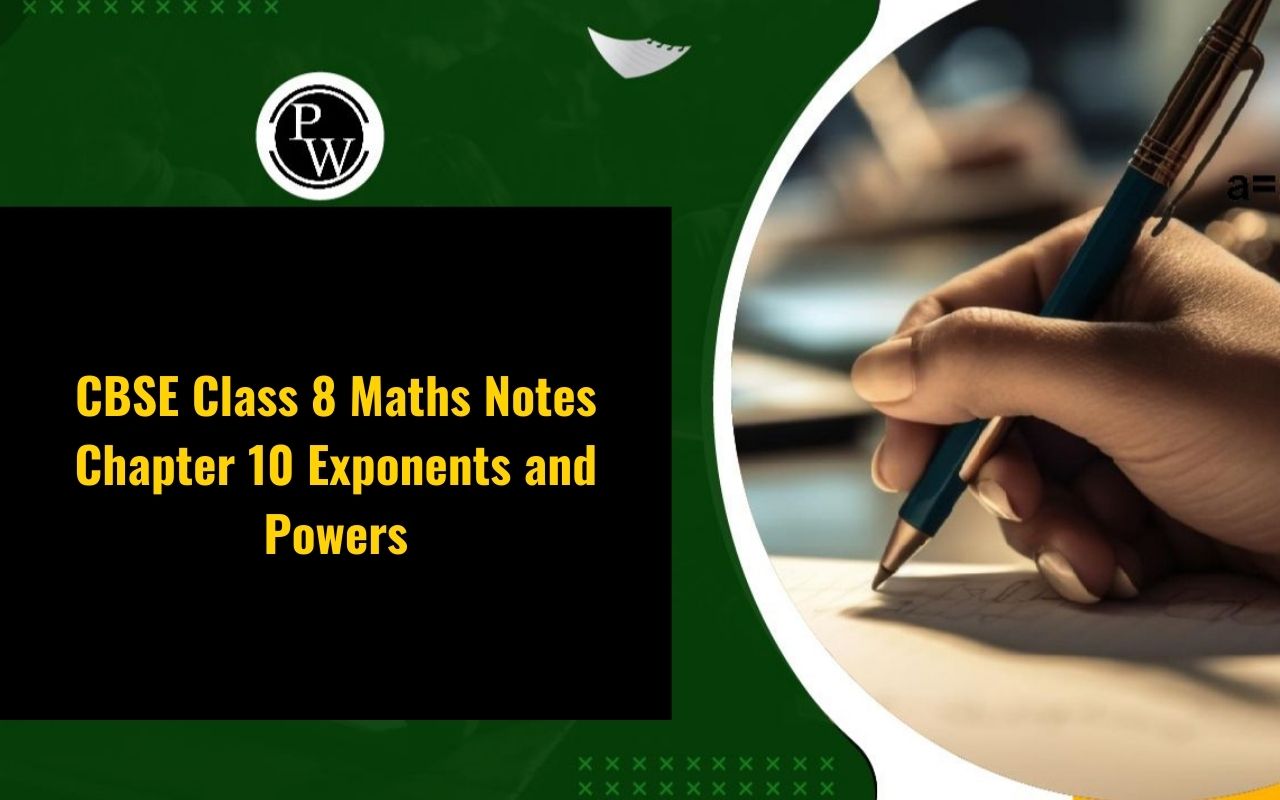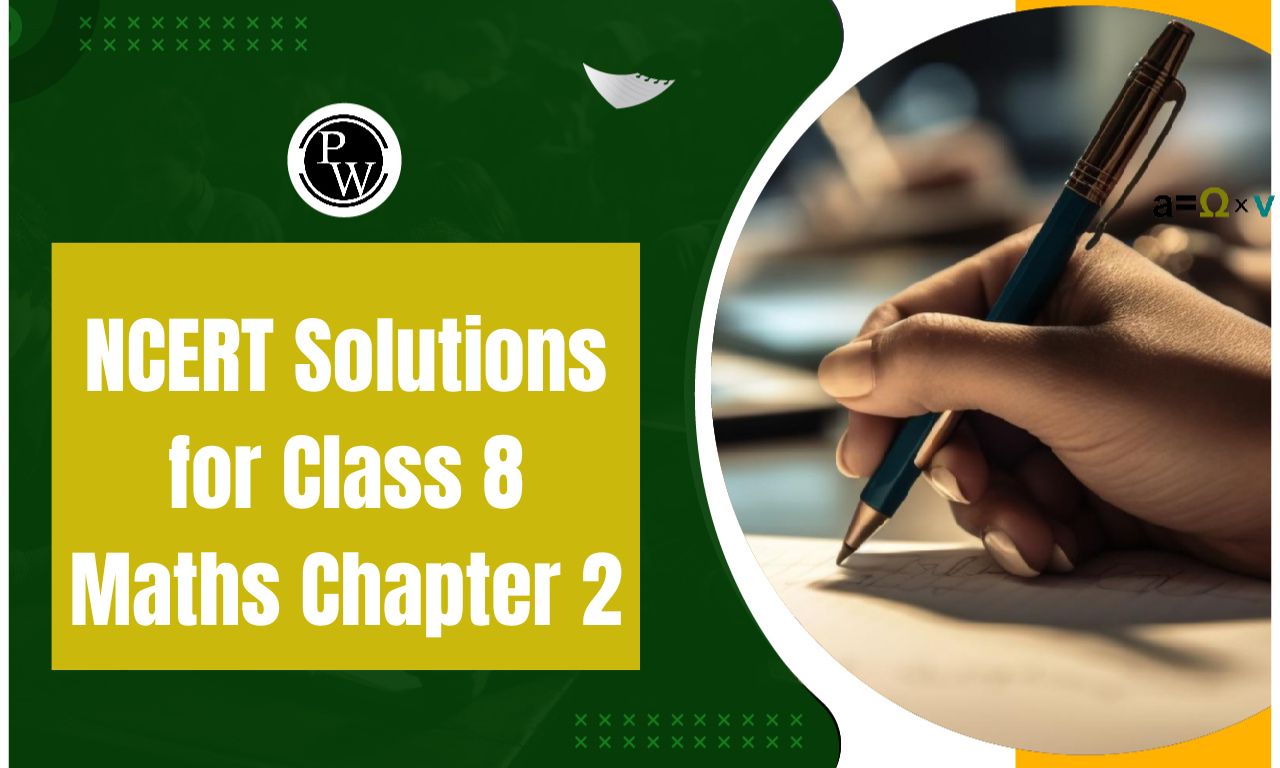
CBSE Class 8 Civics Notes Chapter 5: Here are the notes for CBSE Class 8 Civics Chapter 5 Judiciary. These notes provide a thorough overview of the judiciary system, explaining its role in interpreting and upholding the law. They cover the structure and functions of different levels of courts, including the Supreme Court, High Courts, and Lower Courts, as well as the process of legal adjudication.
By breaking down complex legal procedures and concepts into clear, manageable sections, these notes help students understand how the judiciary works to ensure justice and resolve disputes. Ideal for both learning and exam preparation these notes provide a detailed resource for grasping the essential aspects of the judicial system.CBSE Class 8 Civics Notes Chapter 5 Judiciary Overview
These notes for CBSE Class 8 Civics Chapter 5 Judiciary are prepared by subject experts of Physics Wallah. The notes are designed to clarify complex legal concepts and procedures, making it easier for students to understand the role of the judiciary in interpreting and enforcing laws. These notes are an invaluable resource for students seeking to deepen their knowledge of the judicial system and prepare effectively for their exams.CBSE Class 8 Civics Notes Chapter 5 Judiciary PDF
The PDF link for CBSE Class 8 Civics Chapter 5 Judiciary is available below. By accessing this PDF students can easily review and study the key points of the chapter, aiding in their understanding of how the judiciary operates and its importance in upholding justice.CBSE Class 8 Civics Notes Chapter 5 Judiciary PDF
CBSE Class 8 Civics Notes Chapter 5 Judiciary
Below we have provided CBSE Class 8 Civics Notes Chapter 5 Judiciary-What is the Role of the Judiciary?
The role of the judiciary is fundamental to maintaining justice and ensuring the rule of law. It encompasses several key functions:Dispute Resolution : The judiciary provides a mechanism for resolving disputes among individuals, between citizens and the government, between different state governments, and between the central and state governments. This function ensures that conflicts are addressed through a legal process, promoting fairness and order.
Judicial Review : The judiciary has the authority to review laws enacted by Parliament to ensure they comply with the Constitution. If a law is found to violate constitutional principles, the judiciary can strike it down. This process is known as judicial review and is crucial for maintaining the supremacy of the Constitution.
Upholding the Law and Enforcing Fundamental Rights : The judiciary plays a vital role in upholding laws and protecting Fundamental Rights guaranteed to citizens by the Constitution. Individuals can approach the Supreme Court or High Courts if they believe their rights have been violated, ensuring that legal protections are enforced.
What is an Independent Judiciary?
Independent Judiciary refers to the principle that the judiciary operates separately from the other branches of government - namely, the legislature and the executive. This independence ensures that:
Non-Interference : The judiciary is free from influence or interference by the legislature or executive branches. Courts make decisions based solely on the law and facts of the case, without external pressure or bias.
Role in Power Balance : By maintaining independence, the judiciary can effectively check and balance the powers of the legislature and executive, preventing any misuse of authority. This separation is essential for upholding democratic principles and ensuring that no branch of government oversteps its boundaries.
Protection of Fundamental Rights : An independent judiciary is vital for safeguarding the Fundamental Rights of citizens. It allows courts to protect these rights impartially, ensuring that individuals have a fair avenue for redress and that their constitutional protections are upheld.
What is the Structure of Courts in India?
India's judicial system is structured into three hierarchical levels:District Courts : These are the lower courts, also known as subordinate or district courts, and are often the first point of contact for most individuals. They handle a wide range of cases, including civil and criminal matters, at the district or Tehsil level.
High Courts : Each state or union territory has its own High Court, which serves as the highest court within that jurisdiction. High Courts handle appeals from the district courts and have the authority to interpret and enforce the laws within their state or territory.
Supreme Court : The Supreme Court of India is the highest court in the country, located in New Delhi. It has the ultimate authority in the judicial system, and its decisions are binding on all other courts in India. The Supreme Court handles the most significant cases, including constitutional matters, and ensures uniform interpretation of the law across the nation.
What are the Different Branches of the Legal System?
The legal system is broadly divided into several branches, each addressing different types of legal issues. Here is an overview of the key branches:| Branch | Scope | Objective |
|---|---|---|
| Criminal Law | Deals with offenses against the state or society, e.g., theft, assault. | To punish offenders and deter crime. |
| Civil Law | Concerns disputes between individuals or organizations, e.g., property disputes, contracts. | To resolve disputes and provide compensation or relief. |
| Constitutional Law | Focuses on interpretation and application of the Constitution, including fundamental rights. | To ensure compliance with constitutional principles and protect rights. |
| Administrative Law | Governs activities of administrative agencies, including rule enforcement. | To ensure lawful, fair, and authorized administrative actions. |
| Family Law | Deals with issues related to family relationships, e.g., marriage, divorce, custody. | To address personal family matters and resolve related disputes. |
| Commercial Law | Covers business and commercial transactions, including contracts and sales. | To regulate business activities and protect commercial transactions. |
| Labour and Employment Law | Focuses on rights and obligations in the workplace, including wages and safety. | To ensure fair treatment and regulate employer-employee relationships. |
Does Everyone Have Access to the Courts?
In India, the courts are accessible to all citizens, ensuring that everyone has the right to seek justice. However, practical access can be challenging for many, especially for the poor, due to the high costs, extensive paperwork, and lengthy processes involved in legal procedures. To address these issues, the Supreme Court introduced Public Interest Litigation (PIL) in the early 1980s. This mechanism allows individuals or organizations to file PILs in the High Court or Supreme Court on behalf of those whose rights are being violated, thereby enhancing access to justice for marginalized groups. Despite the common saying justice delayed is justice denied, which reflects the often lengthy duration of legal proceedings, the judiciary remains a fundamental pillar of democracy in India. It acts as a crucial check on the powers of the executive and legislature, and plays an essential role in protecting the Fundamental Rights of citizens.Benefits of CBSE Class 8 Civics Notes Chapter 5 Judiciary
- Comprehensive Overview : The notes provide a clear and detailed understanding of the structure and functions of the judiciary including the roles of various courts.
- Exam Preparation : They are specifically designed to help students grasp key concepts and topics, aiding in effective preparation for exams.
- Clarity on Judicial Processes : The notes explain complex legal terms and procedures in a simple manner, making it easier for students to comprehend the workings of the judiciary.
- Enhanced Understanding : By covering the roles and responsibilities of different courts, students gain a deeper insight into how the judicial system functions and its importance in upholding justice.
- Revision Tool : These notes are a valuable resource for quick revision before exams, summarizing essential points and concepts in an accessible format.
CBSE Class 8 Civics Notes Chapter 5 Judiciary FAQs
What is the Judiciary?
What is the role of the Judiciary?
What is Judicial Review?
What is an Independent Judiciary?
What are the Different Branches of Law?


